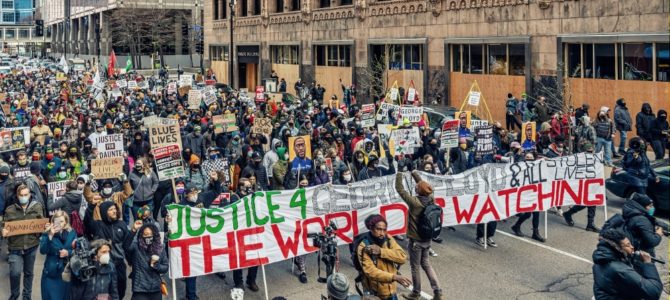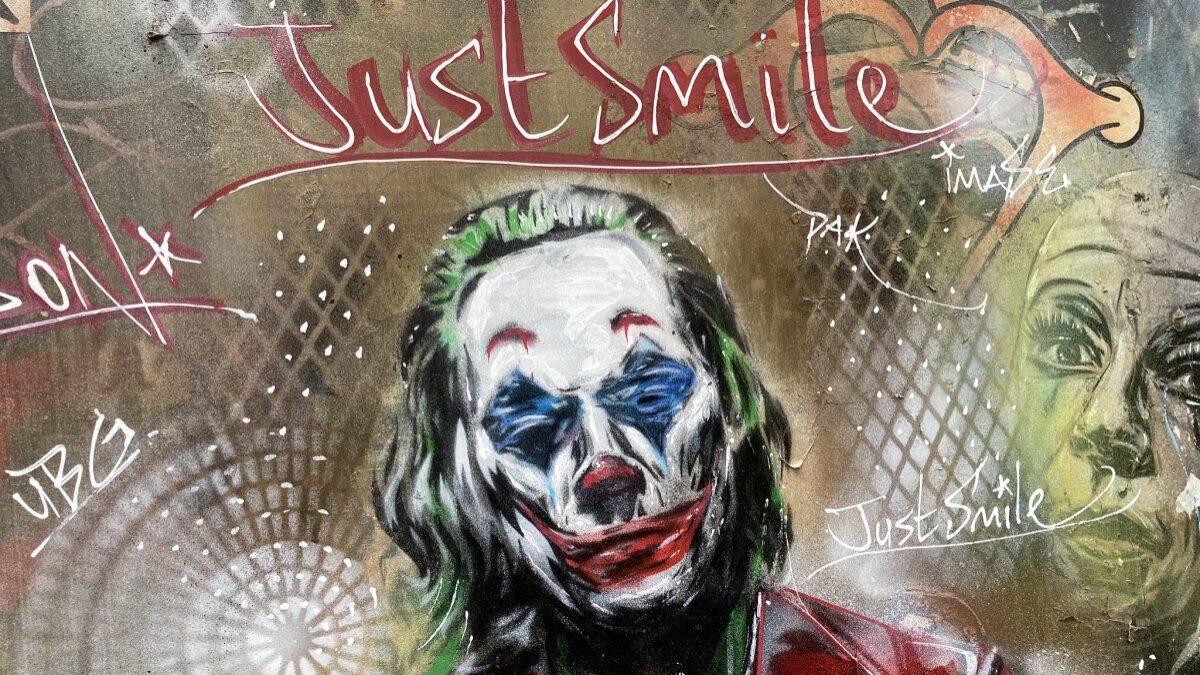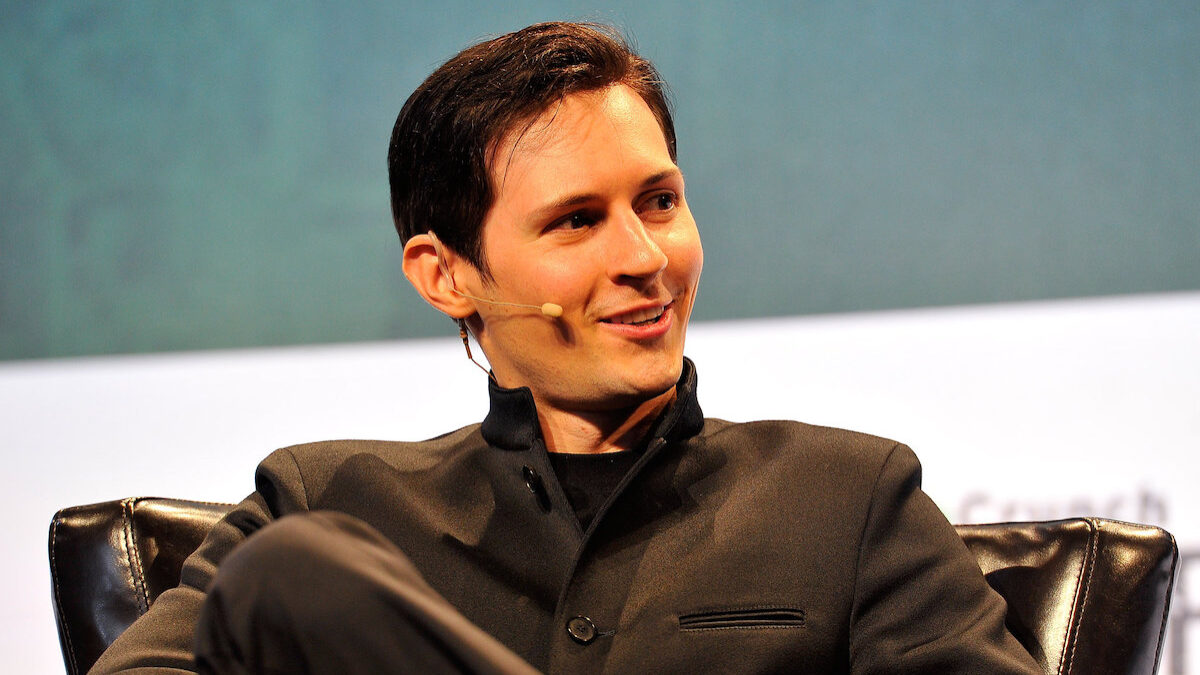
When the jury announced its verdict in Derek Chauvin’s murder trial, reactions were inevitable. The murder of George Floyd occupied the nation’s attention since it happened, and was the spark that led to both peaceful protests and violent riots across the country. So when the jury found Chauvin guilty of the highest charge, one would expect that those who had felt outraged by Floyd’s murder to be pleased.
Maybe some of them were, but those nearest to a television camera certainly were not. President Joe Biden — like his predecessor Donald Trump did in other pending cases — used his bully pulpit to announce his opinion on the defendant’s guilt even before it was over. Biden told reporters earlier in the week that he was “praying the verdict is the right verdict, which is, I think it’s overwhelming in my view.”
Biden’s prayers were answered with Chauvin’s guilty verdict. A celebration of the American legal system should have followed. A man — a government official — had killed a citizen, was arrested for it, was given a fair trial, and was convicted. That is justice. The judicial system cannot make Floyd alive again, but it can see that his killer pays for his crime.
The president acknowledged “today’s verdict is a step forward,” but undercut his own remarks by saying that “systemic racism that is a stain [on] our nation’s soul” and a “knee on the neck of justice for black Americans.” Systemic? One man committed a horrendous act and the system punished him.
The verdict was just, and surely whoever writes Biden’s speeches agrees — so why not state that plainly? This was a good verdict, equal justice under law, and an example of America living up to its promise.
There is a version of Joe Biden, somewhere in the past, who would have remembered that. But the Biden of 2021 is submerged in a new dogma — not the Catholic-lite theology he references so often in campaign speeches, but the dogma of the conspiracy known as critical race theory. The Biden of old would have known better — for political reasons, if not moral ones — than to immerse himself so thoroughly in a fringe theory. Now, isolated and etiolated, he perceives no flaw in tearing down the American system that, last week, functioned correctly.
As is so often the case in politics, Floyd’s death and Chauvin’s conviction are not treated as discrete events in the life of a nation but talking points in furthering an agenda. For all the talk of unity during his campaign, Biden’s reaction to this trial has been in line with a drive to divide us: on one side, the practitioners of the new dogmas; on the other, people who still believe in the promise of America and its liberal democratic founding.
The cry of “systemic racism” is a weird new twist on a traditional American impulse to move toward greater equality. It used to be quite standard to say that one was against racism and the promise of America was that all people should be treated equally.
That idea, imperfectly applied, has been with us since the founding and is the result of the Enlightenment beliefs of our Founders. They might not have all supported racial equality themselves — many very clearly did not — but their principles inexorably led to a world where racism is unacceptable.
Americans have not conquered the evil of racism, but we have come an awfully long way toward doing so. Yet to hear the critical race theorists talk, we are no better off than we were in the time of slavery. Now, we are told, open racism may be on the decline, but systemic racism still lurks in the hearts of every white person — an unseen, malevolent force that animates all life in this country.
It is a dreary view of humanity. I have written before that critical race theory is more conspiracy than religion, but there are times when its rituals feel a lot like a replacement for the churches that Americans are increasingly abandoning. Just as Silicon Valley tech bros keep accidentally reinventing the bus, the woke elite keep finding a way to reinvent religion.
We are told that no one wants to feel bad about himself, and that is why churches have to “get with the times” and stop preaching against sin. But we can see in wokism that its white liberal adherents do want to confront their unworthiness, they just cannot admit that God, sin, and the fall of man have anything to do with it.
Going to a talk on Robin DiAngelo’s “White Fragility” is no emotionally different than attending a 19th-century tent revival, except that it lacks the potentially genuine redemptive effects on the attendants. Both events feature speakers who condemn sin (as they see it) but at least the practitioners of the old-time religion give folks a way out: go forth and sin no more.
Yet the Wokists offer no such salvation. The new pietism reinvents original sin and the new puritans lap it up, but they leave out the part where sinners can be redeemed.
Other parallels are equally uncomfortable. House Speaker Nancy Pelosi — like Biden, a Catholic who follows Catholic teachings only when convenient — could not stop herself from thanking Floyd for “sacrificing your life for justice.” No, Madam Speaker, that was somebody else. Floyd’s death was tragic, but it followed from no felix culpa. Floyd did not choose to die and no one is redeemed by his death. Floyd’s murder was senseless and unnecessary, and no attempt to graft it onto the new idolatry will change that.
Floyd’s murder is, most of all, a private tragedy to his family. More broadly, it is a public tragedy and an example of law enforcement gone wrong. If there is a systemic lesson, it is that the system punishes crime. Chauvin was a part of that system, true, but so were the officers who arrested him, the prosecutors who charged him, and the judge and jury that presided over his conviction.
A system that was thoroughly, secretly racist would not have done anything to punish this crime. But it did, and that shows both the promise of America and the hollowness of critical race theory.
Someone in a position of power abused his office — and he was punished for it. Justice does not require that all people be good, but it does require that wrongdoers be punished. That is what happened here. It should restore our faith in America, not diminish it.









